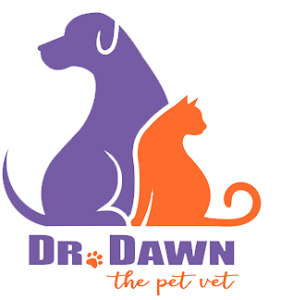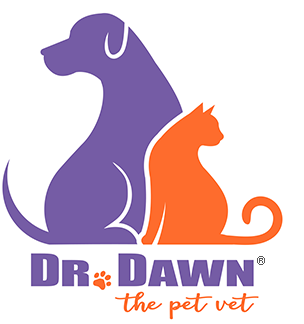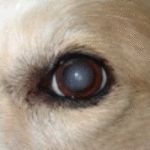Dr. Claire Guest started an organization called Medical Detection Dogs. She became a true believer in the phenomenon, because her own Labrador Daisy had persistently sniffed at, and pawed at the area of her breast that would soon be diagnosed with cancer. She credits the early diagnosis to her dog, and to it saving her own life. She is one of the leaders in the field of disease-detecting canines. Her organization recently gained approval from Britain’s National Health Service to conduct a landmark clinical trial. It is set up to test dogs’ ability to detect prostate cancer cells in urine. This is based on earlier studies that suggested dogs may have been able to detect subtle odors associated with melanoma and breast, bladder and lung cancers. In the U.K., prostate cancer is the most common cancer in men. Prostate-Specific Antigen test, or PSA, is currently used to detect the disease, but has high false positive rates, which lead to sometimes unnecessary invasive tests.
In this study, their detection accuracy has been estimated at more than 93%, after a training period of about 6 months. Once trained, the dogs will either stop and sit down by the sample, lick the bottle, or bark to indicate they’ve detected the scent in the sample. This is one of the largest clinical trials of its kind, and employs 8 dogs sniffing out 3,000 urine samples.
For the study, the dogs are told to circle a carousel holding eight evenly spaced urine samples. One is from a cancer patient and the other 7 are from cancer free patients.
Dogs’ noses are extremely powerful in their sense of smell. Far more powerful than ours. They have 300 million sensors, compared with our paltry 5 million. In addition, they have a second smelling device in the backs of their nasal cavities, called a Jacobson’s organ. This allows them to be able to detect certain volatile organic compounds. And, this ability they have is not something newly discovered. Papers have been written describing it since 1989. Still, proving it and making it something that can be utilized on a large scale and commercially is a different matter. In fact, 4 years ago there was a study at Emory University conducted, showing dogs could reliably detect the smell of breast cancer from patients’ breath samples. When they applied for money to fund more studies, they were repeatedly denied. Problems with the commercial transition of this research was a hurdle at the time. This current prostate study is a step in the right direction. Hopefully it will lead to more like it.
If you are interested in learning more about Dr. Guest’s organization and ways you might be able to help, click on the link below. They host fundraising events, and include links to how you can help sponsor a cancer detection dog for their prostate study.
Go to:
Dr. Dawn
Please share and subscribe here







